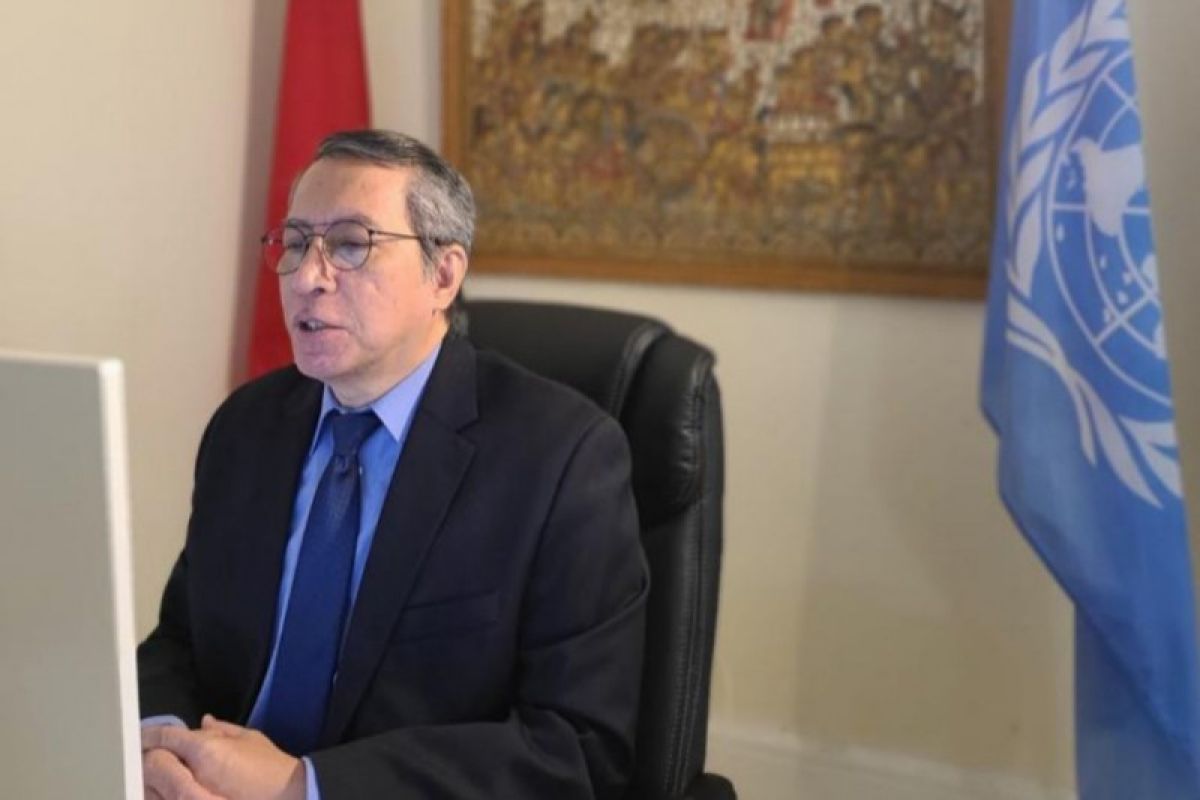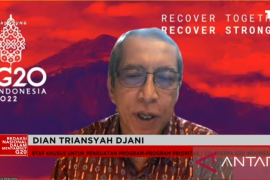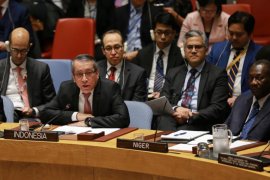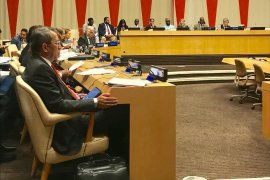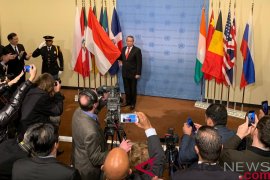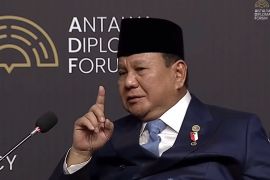At the UNSC virtual meeting on Wednesday (Dec 16), Ambassador Dian Triansyah Djani, permanent representative of the Republic of Indonesia to the United Nations in New York, highlighted the successes of the three UNSC Committees in combating terrorism and preventing access to weapons of mass destruction for non-governmental entities.
Since January 1, 2019, Ambassador Djani has chaired the 1267 Committee on ISIL / Da'esh - Al Qaeda; the 1988 Committee on the Taliban; and the 1540 Committee on the nonproliferation of weapons of mass destruction.
The 1267 Committee, under Indonesia’s leadership, set a new record in updating the sanctions list data. The number of responses from countries providing information to the Committee during the 2019-2020 period is the highest in the history of the establishment of the sanctions committee.
Furthermore, Indonesia's achievements, as chairman of the 1988 Committee, are mirrored in the success of facilitating the achievement of a consensus on granting travel exemption permits for several names to participate in the peace and reconciliation process in Afghanistan.
"Indonesia's efforts, so far, have always referred to the main objective of the committee, which is to support the peace and reconciliation process," the ambassador stated.
Djani also pointed to Indonesia’s achievement of having served as chair of the 1540 Committee on nonproliferation, as it has been successful in encouraging the unity of views in preparing a comprehensive review process for Resolution 1540 that will be implemented in 2021.
This comprehensive review is expected to be more effective in preventing terrorists from acquiring weapons of mass destruction. Furthermore, Indonesia has succeeded in encouraging the increased submission of reports on “nonproliferation” by countries.
The COVID-19 pandemic presents its own challenges for Indonesia's leadership. However, the 1267 Committee managed to become the first UNSC committee to meet virtually, while the 1540 Committee was the first committee to meet in person at the UN Headquarters, with the application of stringent health protocols.
All members of the UNSC lauded Indonesia's leadership in the three Committees for having made positive contributions and ensuring that the committee can continue to fulfill its mandate amid the COVID-19 pandemic.
Indonesia’s election to lead the three subsidiary bodies of the UNSC demonstrates the trust of the international community in Indonesia's credibility and leadership in the issue of combating terrorism.
Under Indonesia's chairmanship, the three committees always make decisions by consensus on the principles of transparency, professionalism, and impartiality.
"The track record of Indonesia's diplomacy as a bridge-builder and consensus-maker on various issues is the main asset for gaining trust from the international community. This is a concrete result of Indonesia's active efforts to always seek consensus and a middle way to bridge differences," Djani stated. Related news: UNSC should act swiftly to halt violence in Afghanistan: Marsudi
Related news: Palestinian issue remains RI's priority as UNSC membership to end
EDITED BY INE
Translator: Yuni A Sinaga, Fardah
Editor: Suharto
Copyright © ANTARA 2020
